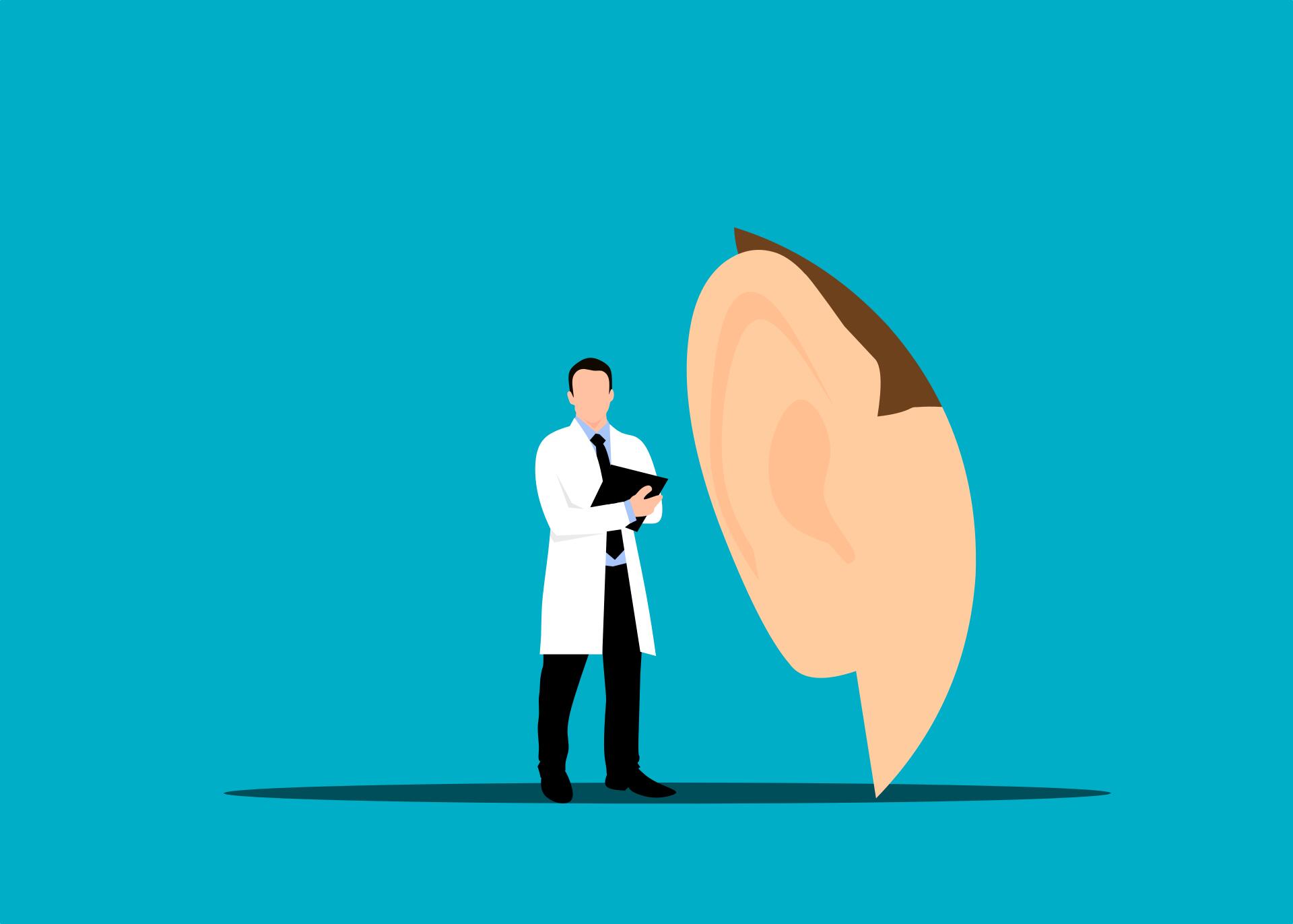
Beating Jet Lag: 7 Tips to Cope with the Sleepiness

You’ve just stepped off of a 7-hour flight and you’re absolutely tuckered out. Though you’ve got all types of things to do, you’re so tired that you’re considering just laying down in your hotel room and falling asleep.
Now, you’re wondering: “what could I have done to prevent this sleepy feeling?” Truthfully, there were a number of options at your disposal, many of which we’re going to discuss below.
Without further ado, here are 7 tips for beating jet lag.
1. Adjust Your Sleep Schedule Before Entering Your Flight
One of the best ways to reduce the effects of jet lag is to acclimate yourself to the time zone that you’ll be arriving at. The best way to do this is by artificially living in that time zone before you get on your flight.
How can you make this happen? By adjusting your sleep schedule to align with what it will be in your future time zone. So, if your future time zone is 9 hours ahead of your current time zone, you could start going to sleep 9 hours later than what you usually would.
Generally, if this is done for a few days leading up to a flight, it will reduce the weariness of quickly traveling to a new time zone. You’ll already be acclimated to the new time zone, and so won’t as strongly feel the effects of jet lag.
2. Block Out the Light
When it comes to feelings of exhaustion, light plays a large part. Several studies have shown a relationship between over-exhaustion and exposure to light. In essence, the longer you’re exposed to light on a given day, the more tired you become.
This could be one of the key contributors to jet lag. Because planes are always lit inside, their passengers are constantly being subjected to a form of ultra-exhaustion. The longer they’re on the plane, the more exhaustion they take on.
So, a possible remedy for combating jet lag would be to blackout the light that surrounds you. How can this be done? A simple sleep mask will do the trick.
3. Drink Tons of Water
Dehydration always leads to feelings of exhaustion. As such, if you want to combat the effects of jet lag, you need to stay hydrated at all times.
Generally speaking, you should drink eight 8-ounce glasses of water every day. However, depending on your flight, you could be exposed to conditions that are dryer than usual.
Because of this, it might be a good idea to up your water consumption. As a rule of thumb, if you feel tired on your flight, you should have a drink.
4. Adjust Your Watch
As was noted above, one of the best ways to combat jet lag is to acclimate yourself to your new time zone before you’ve arrived. A key to doing this is to adjust your watch early.
By adjusting your watch before you leave, and living your life based on the time read by your watch, you acclimate yourself to your new time zone proactively. This helps make it so that when you arrive in your new time zone, you feel as though you’re just living your life as usual.
5. Give Melatonin a Go
Another option for combating jet lag is to take melatonin: one of the hormones that control the body’s sleep cycles. Available in supplement form (such as Meloset or Circadin), it has shown success in treating jet lag for those who are flying to the east.
To use melatonin successfully, take it 30 minutes before what your desired bedtime would be in your future location. So, if you would usually go to sleep at 10:00 PM, and your time zone is moving forward by 6 hours, you should take melatonin at 3:30 PM in your current location directly before your flight.
The melatonin will help to adjust your sleep cycle, bringing you up to speed with your future location.
6. Stay Away from the Alcohol
If you’re a drinker, you already know: alcohol can cause deep exhaustion and dehydration. It is a downer, after all. So, while it might be customary for you to down a few alcoholic beverages before departing on a flight, you should know that doing so is an almost surefire way to invite jet lag into your life.
In fact, the high altitudes traversed by planes can actually exacerbate the effects of alcohol. At that point, it won’t matter how much water you’ve drunk or how much sleep you’ve gotten; You’ll be feeling it upon landing.
In the end, our advice is to stay away from alcohol entirely before your flight. There are plenty of other ways to ease your nerves before takeoff.
7. Adjust Your Eating Schedule
Though it might be a bit extreme for you, another option is to adjust your eating schedule so that it aligns with your future time zone. This will help acclimate you to your future location proactively.
To do this, all you have to do is eat your meals at the time that you would likely eat them in your new location. So, if you’re flying 5 hours ahead, you would slide all of your meals forward 5 hours.
In this example, you would eat breakfast for lunch, lunch for supper, and supper for a midnight snack. It might be a bit unorthodox, but if you do it for a few days leading up to your flight, you’ll feel perfectly adjusted.
Start Beating Jet Lag With the Use of Melatonin
Jet lag is a very real consequence of long plane rides. However, by utilizing the tips reviewed above, you stand a good chance of combating it.
Looking to start beating jet lag with the use of melatonin? If so, you’re in the right place. kiwidrug.com sells a wide variety of melatonin supplements, including everything from Circadin to Meloset, and more.
Browse our melatonin products now!
Related Posts


